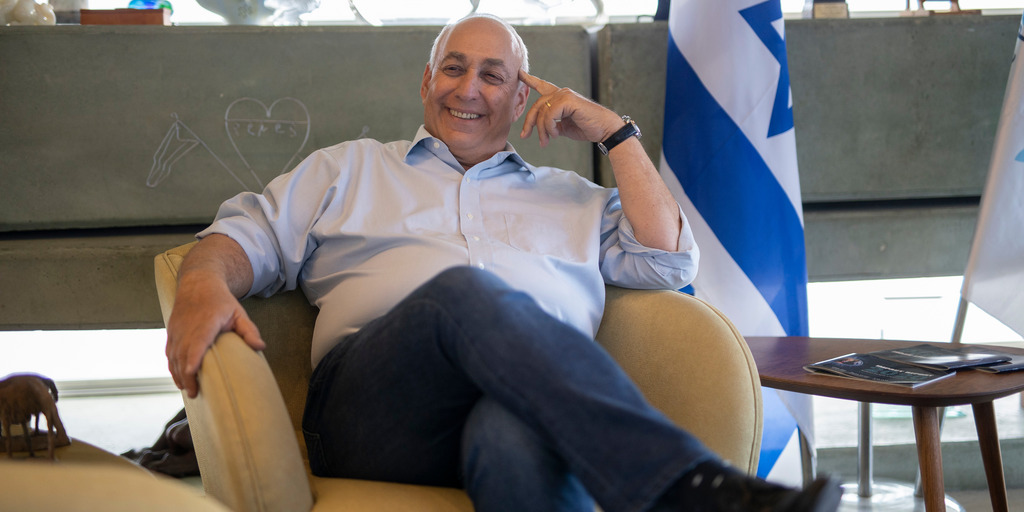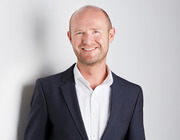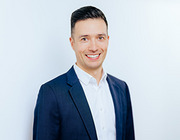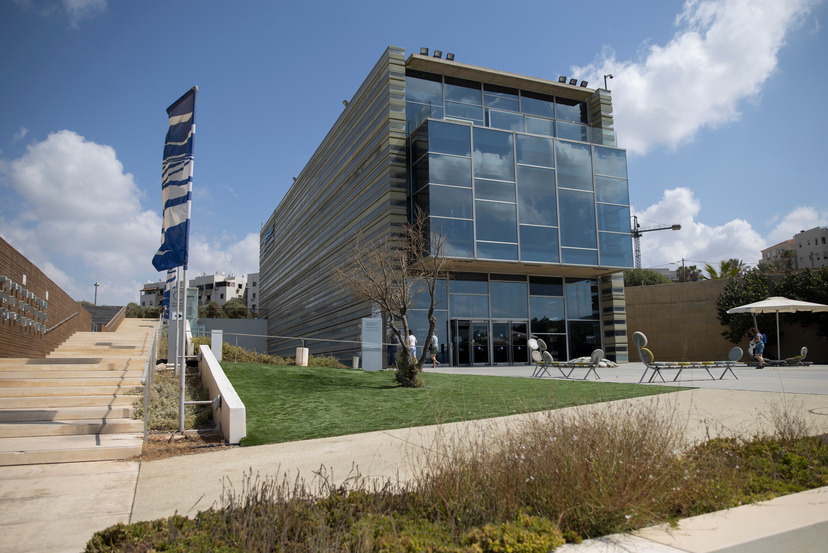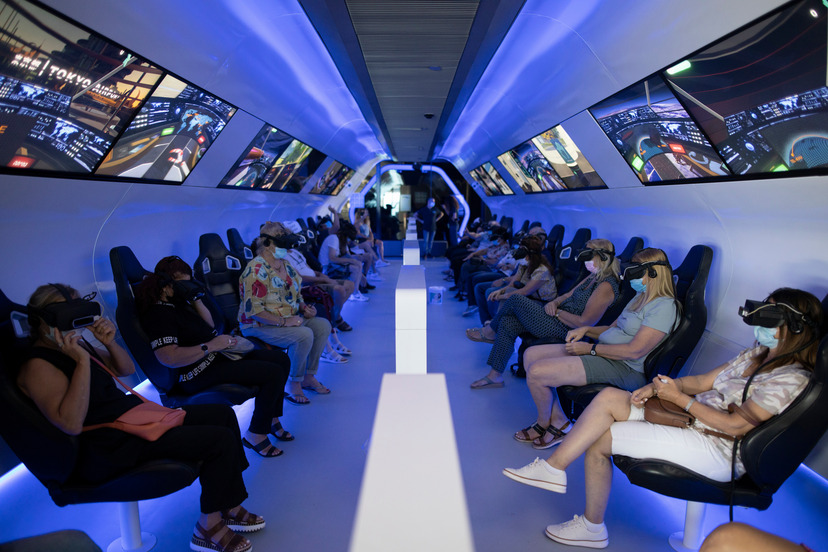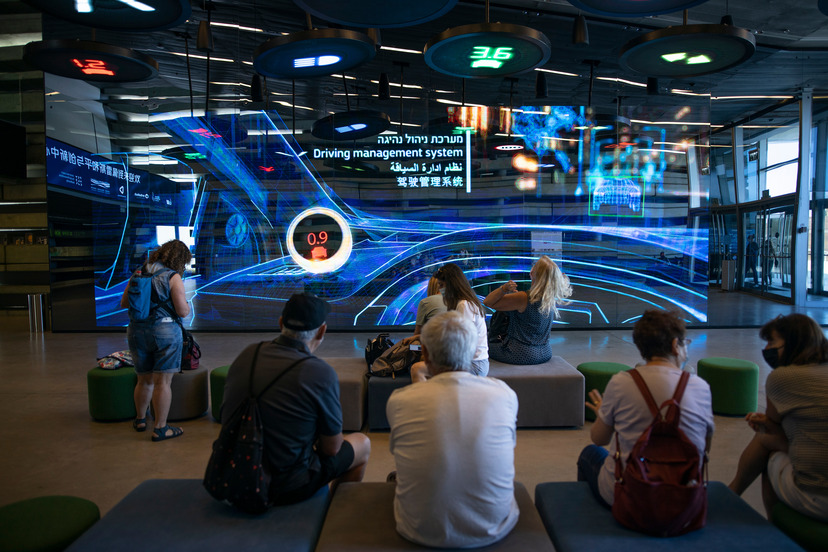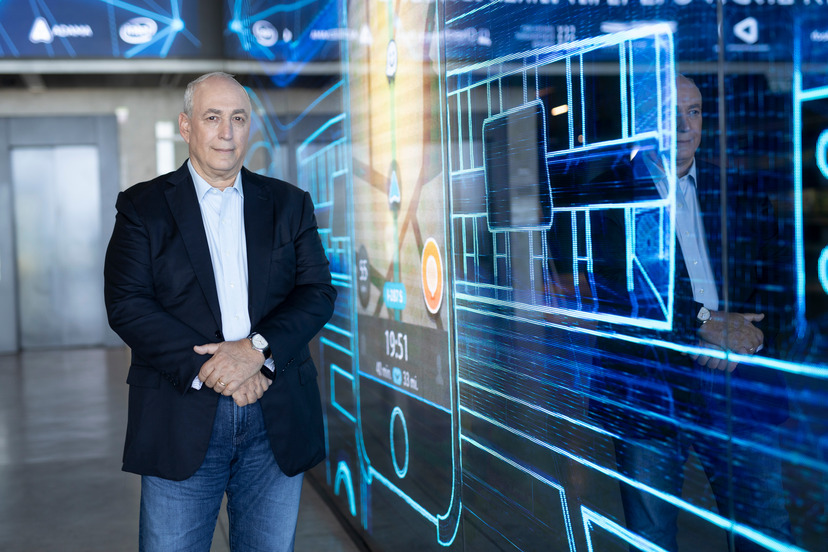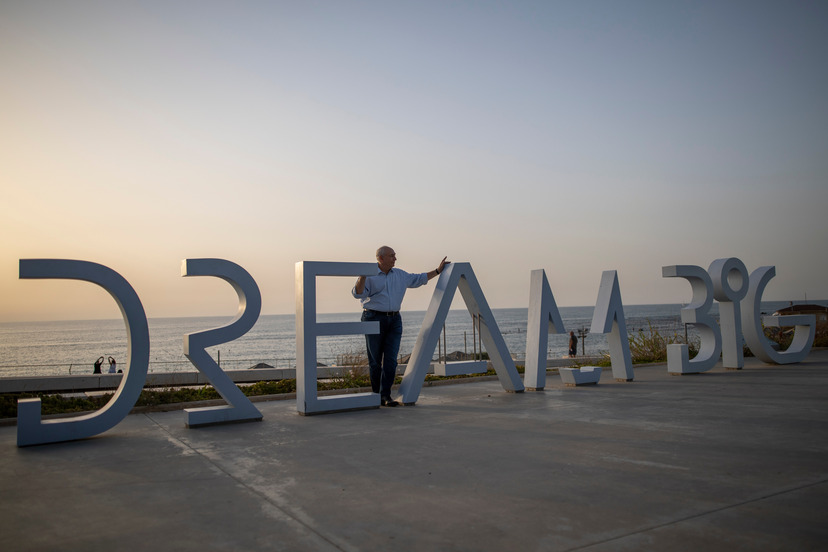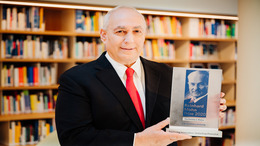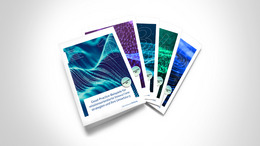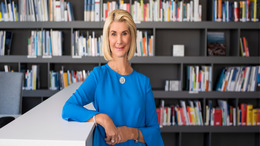change: Mr. Peres, the word innovation is used by so many people in so many different ways. What does innovation mean to you?
Chemi Peres | For me, innovation is actually about changing time, history and perspective by shifting the source of power, greatness and economic activity from natural resources to brain power, that is, everything which allows us to move forward to a new era of science and technology. It's about using our brain power to create a new reality with new products and new services that were not available or affordable in the old world.
When you were awarded the Reinhard Mohn Prize, you were recognized for your “outstanding efforts to promote innovation that serves both business and society.” Can you tell us more about the twofold purpose of innovation?
If you are coming from the business side, it means that everything you do is directed toward creating a positive human impact, whether on society, the environment, the economy, or the nation. I have tried to use my capacity as the managing partner of Pitango to not only invest in the cultivation of great companies, but also to make sure that these companies are tuning themselves toward the 17 Sustainable Development Goals defined by the United Nations by embracing ESG parameters. On the other side, as the chair of the Peres Center for Peace and Innovation, I would like to use innovation, entrepreneurship and all those tools that entrepreneurs are using as a platform for bringing people together, whether within our society or between Israel and other countries in the region. Both approaches merge into the concept that we're shaping a new tomorrow. In order to cure the pains and the scars of yesterday, one needs to build a shared new tomorrow.
